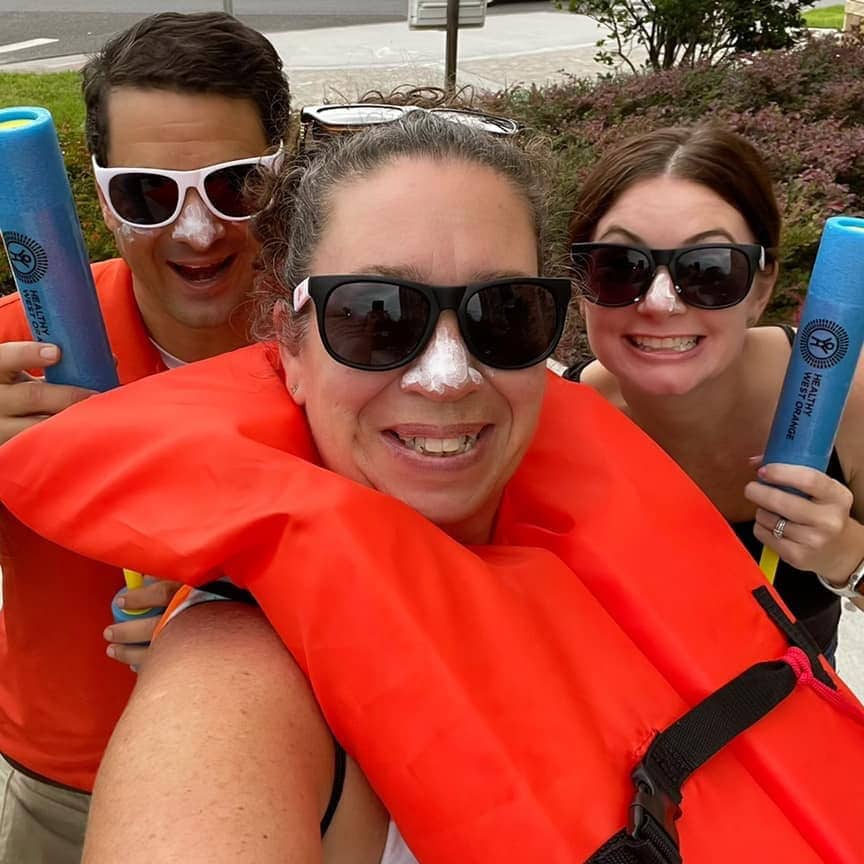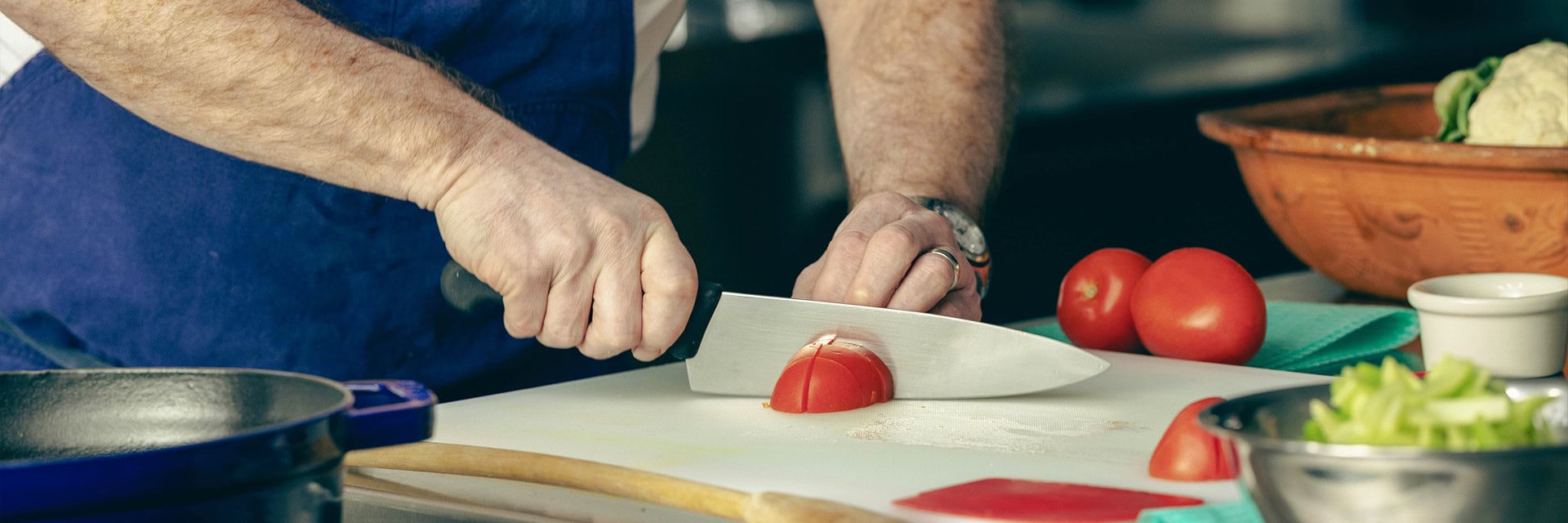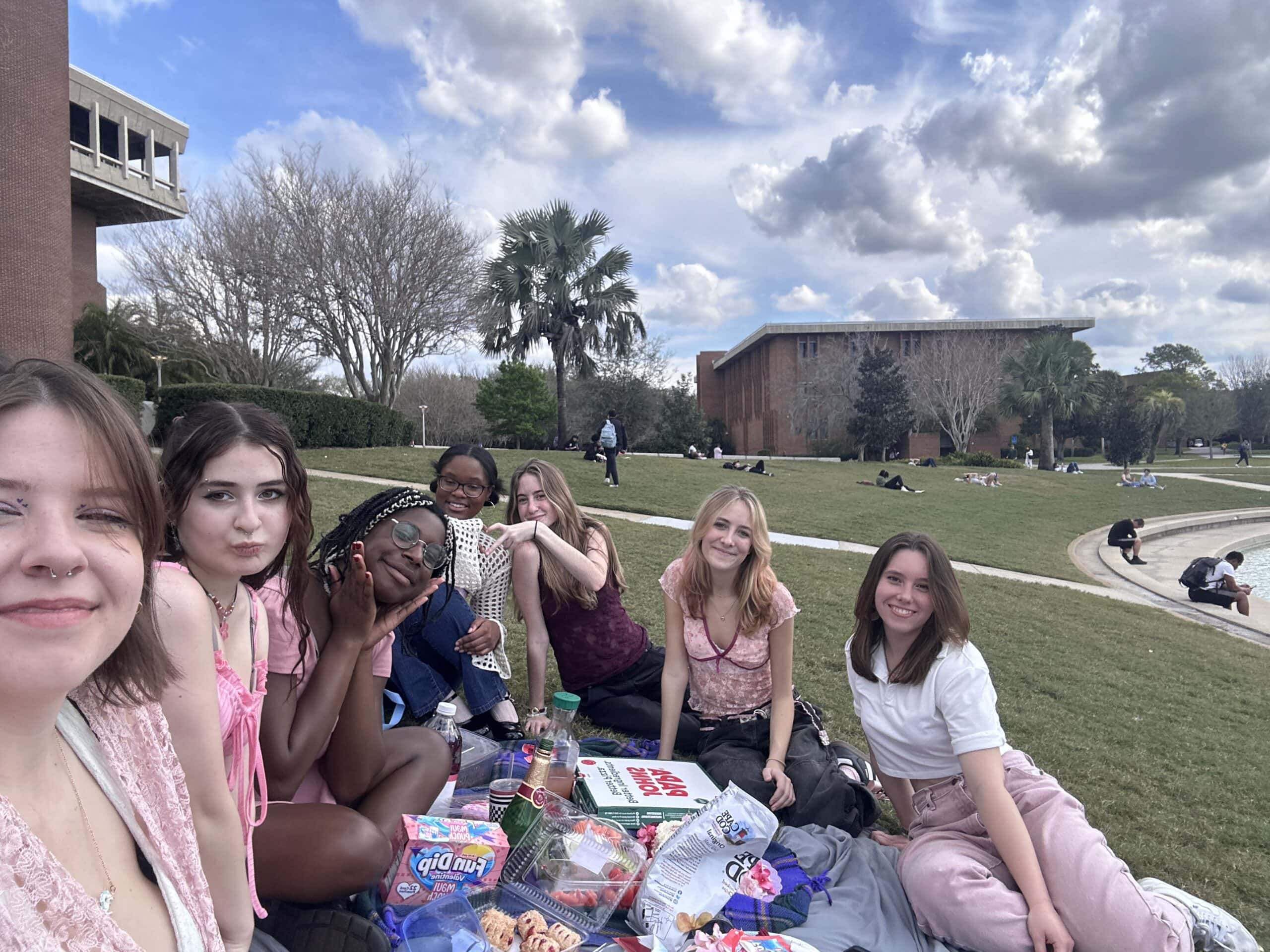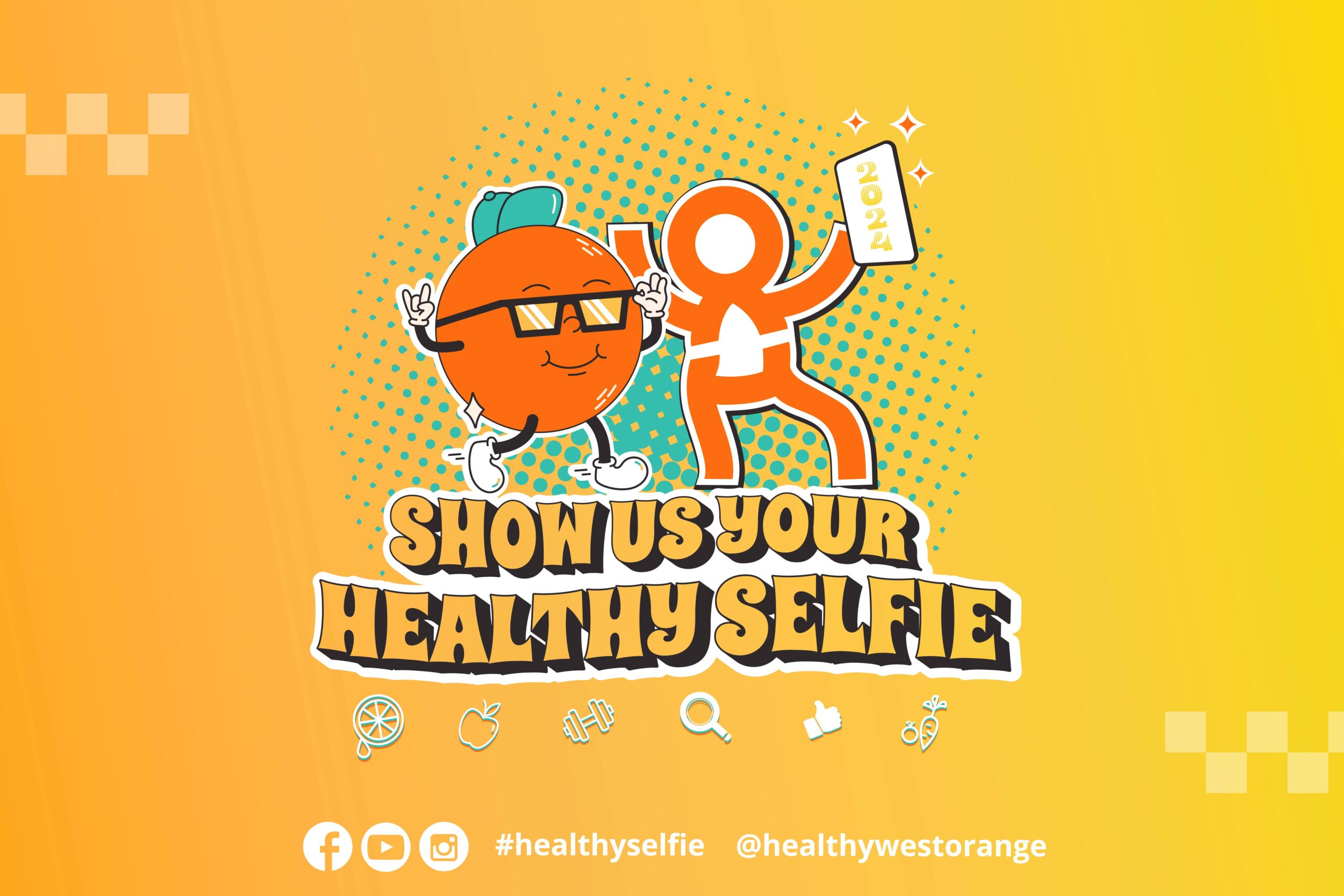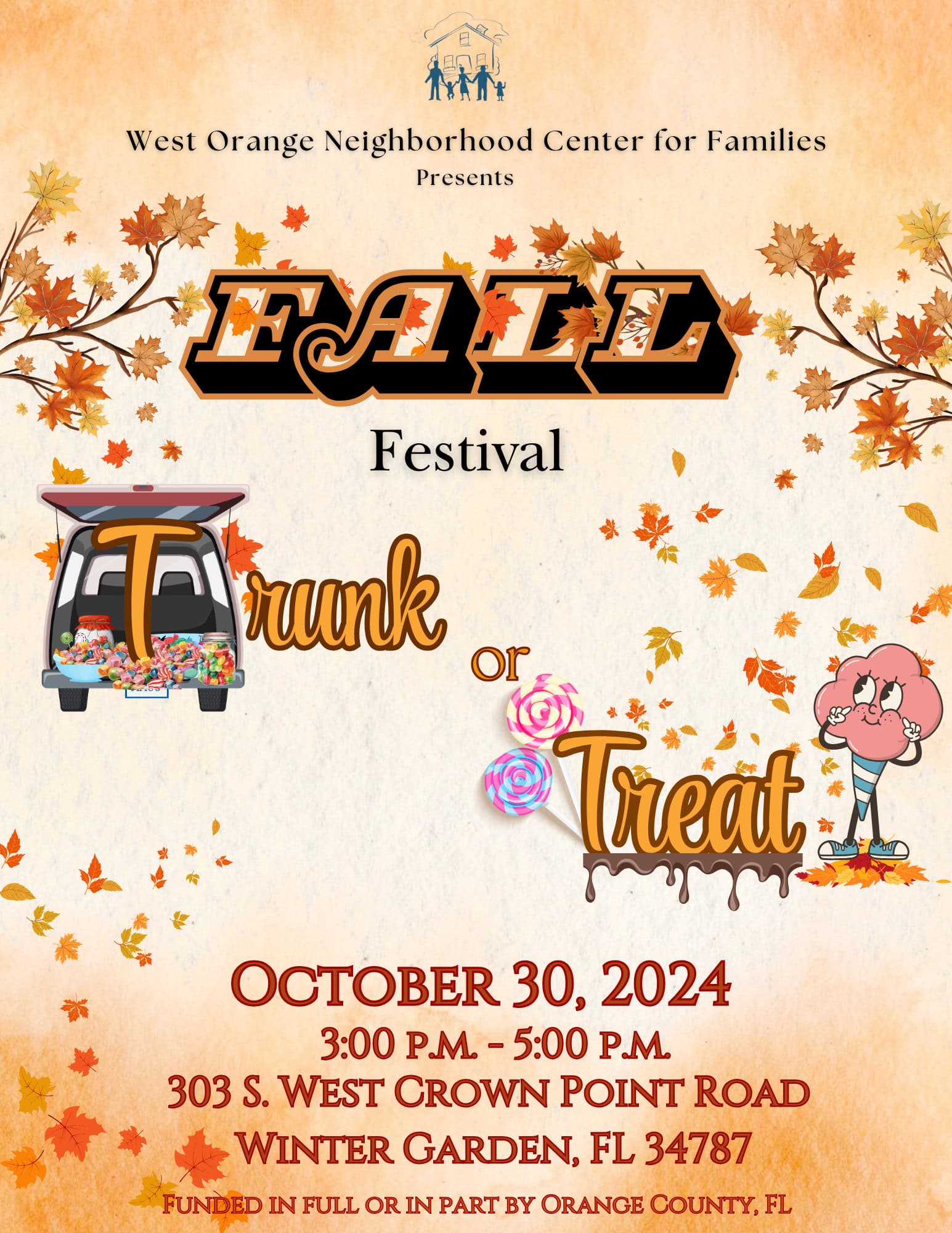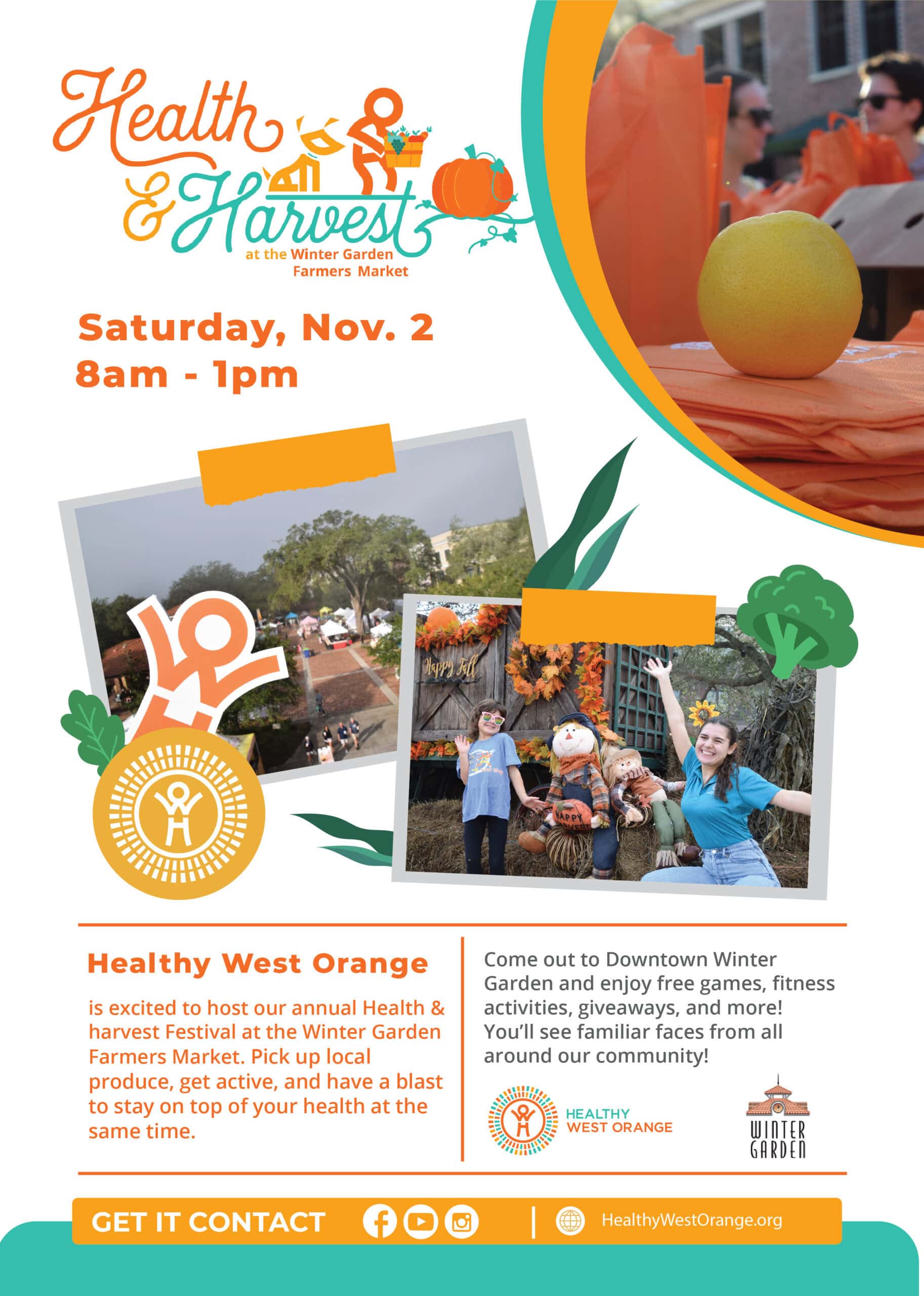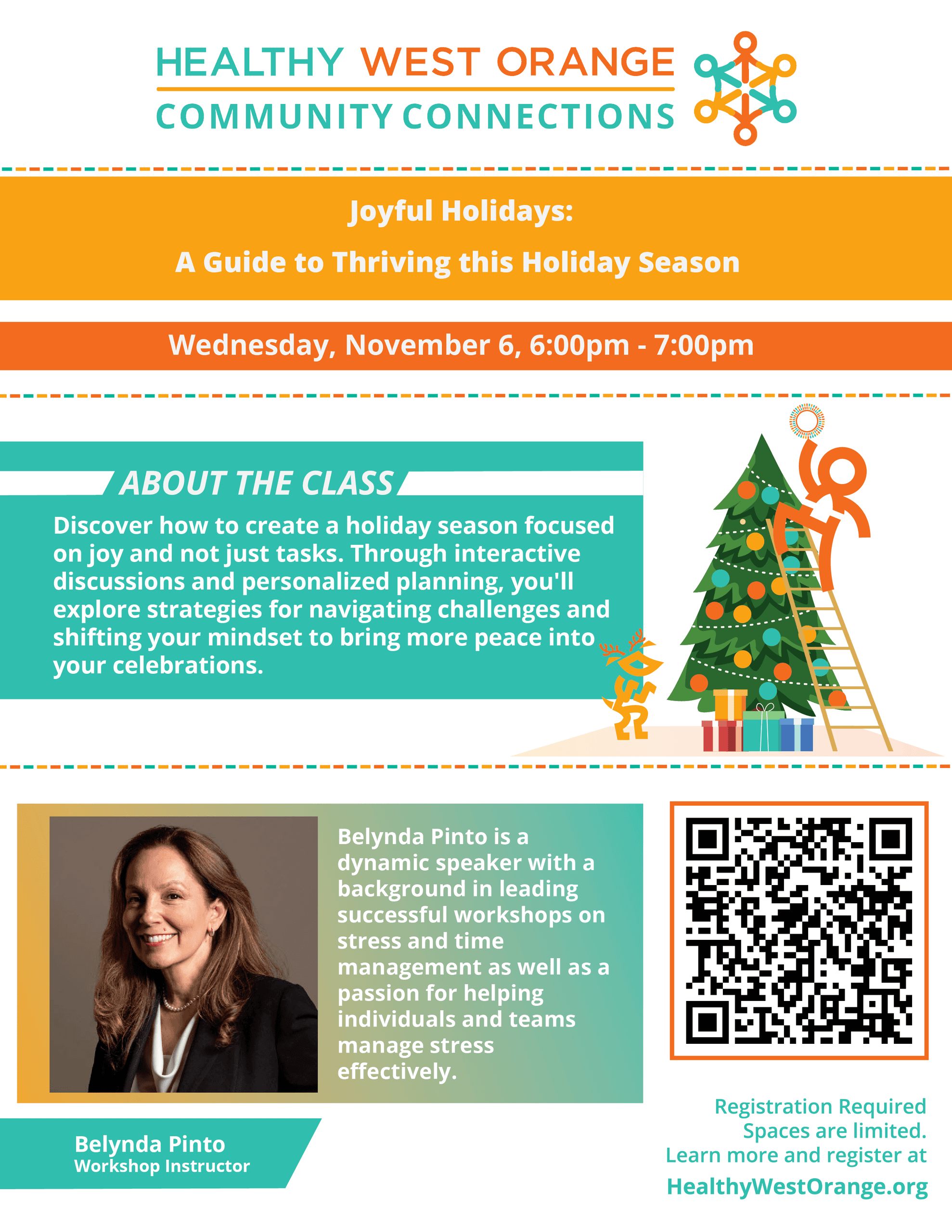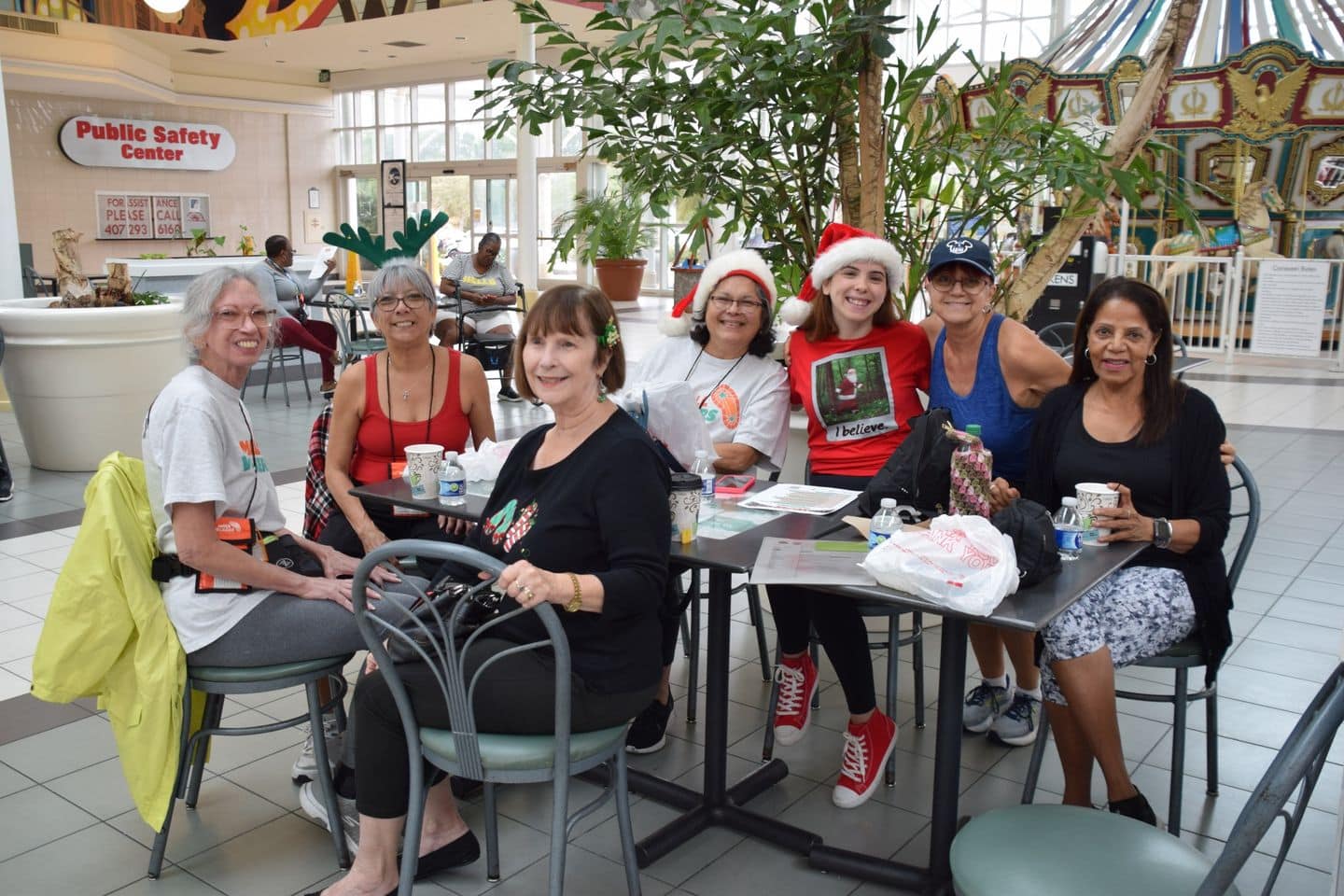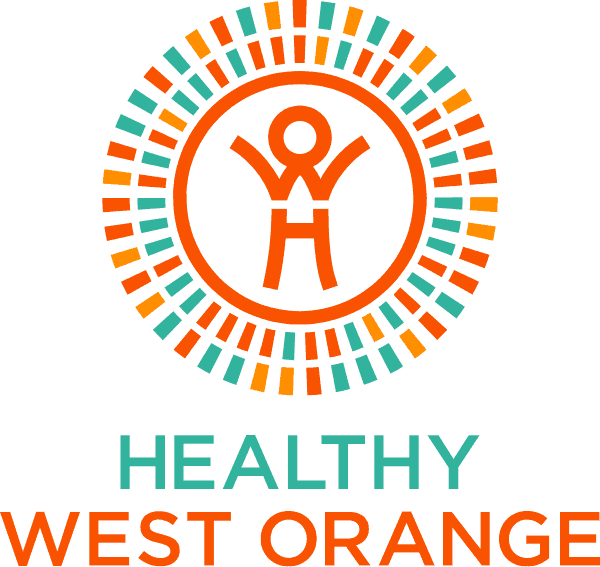Cutting Through the Confusion of Sunscreen

It’s All So Complicated!
We all know that the Florida sun is no joke. We also tend to already know the basics of sun safety such as staying out of the sun during peak hours (10-2) and wearing protective clothing and hats, however, the biggest confusion often occurs over sunscreen. With skin cancer continuing to be a serious threat, it’s important to stay informed on how sunscreen can help. Here are a few tips from the Centers for Disease Control and Prevention that you may not have known:
1. Sunscreen vs. Sunblock
There is a big difference between sunscreen and sunblock. Sunscreen penetrates the skin and typically acts as a filter. Oxybenzone has found to be the most common and the worst in terms of health issues. Many of these chemicals have been found to affect and disrupt normal hormone balance, and cause skin allergies.
Sunblock, on the other hand, provides a physical block. The naturally occurring minerals, zinc oxide and titanium oxide provide this effective block. These minerals in their non-nano form are safe for everyone including babies.
2. SPF 50+ may not be not helping
The SPF (Sun Protection Factor) rating is never an exact science, and there has been no definitive evidence that suggests that the higher the SPF rating is, the more effective the product is at shielding your skin from the sun. Picking up a product with an SPF rating range of 30-50 should provide you with more than enough protection.
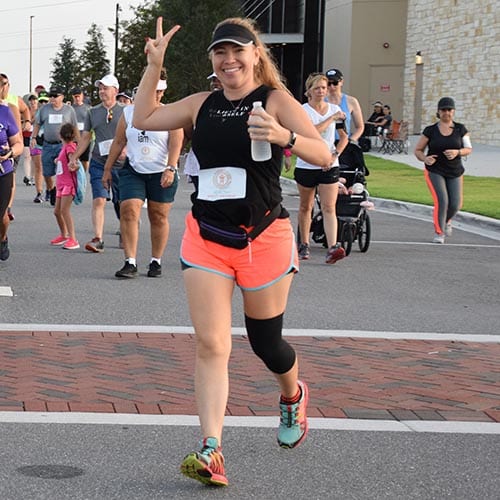
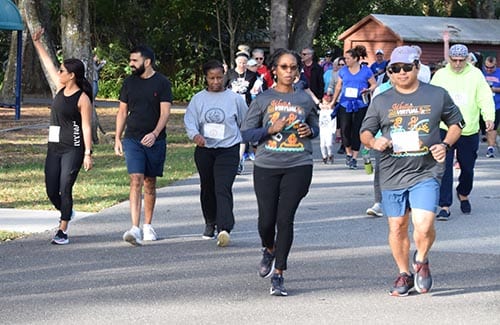
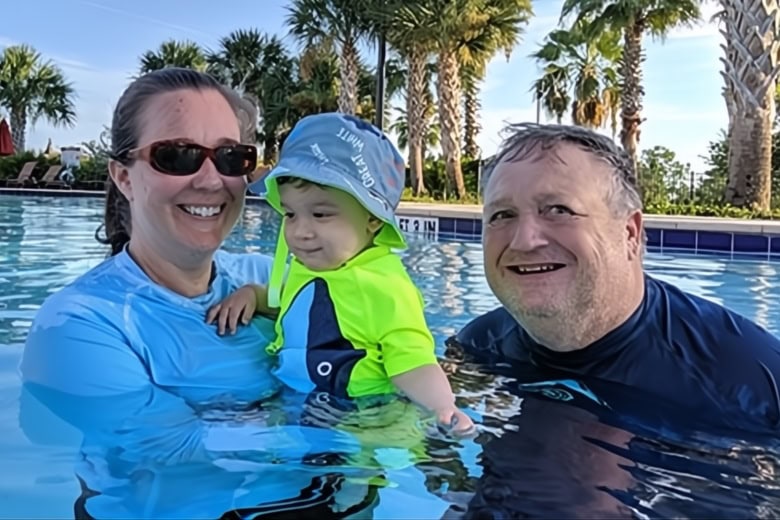
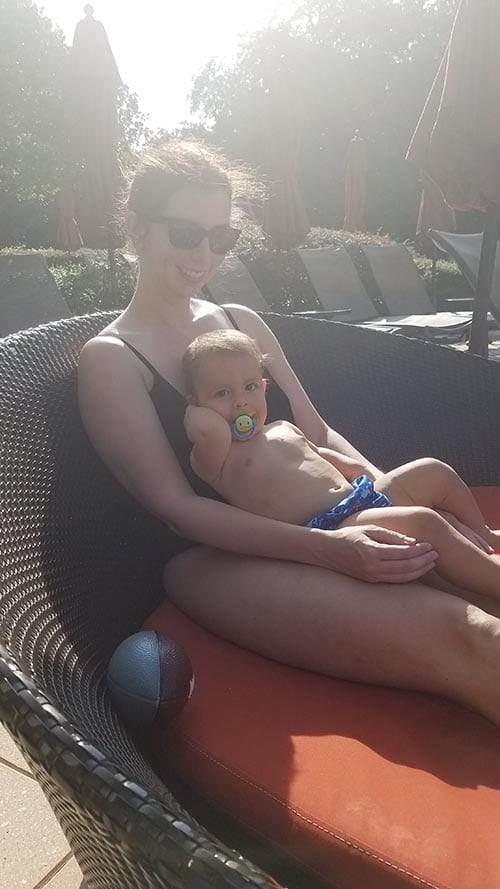
3. Sprays and powders may not be as effective
You’re less likely to apply an even or thick enough coating on your skin for proper sun protection due to most of the product being lost to the wind or air, plus the air-born minerals and chemicals could pose an inhalation risk. It would be best to start with a foundation sunscreen and use sprays as a topper throughout the day if needed.
4. Brands and expiration dates matter
Brand matters less than how you use the product; however, SPF 30 in one brand may react to your skin differently than another. It’s best to try different brands until you find one that works for you rather than attempting to increase the level of SPF. Also, find a sunscreen you like. If you don’t care for the sunscreen, you’re not as likely to use it consistently. Sunscreens typically last about two years unopened, but once you’ve cracked the lid, it’s a case of use it or lose it.
5. Sunscreen does not prevent skin cancer
There has been no definitive evidence that states that sunscreen prevents skin cancer. Using products that shield your skin from the sun can only help so much. It’s important to practice proper sun safety in addition to using protective products. Wearing protective clothing and giving your skin a break by catching some shade from time to time will help promote better skin health.
What are some other tips about using sunscreen?
- Apply generous amounts of sunscreen to dry skin 15 minutes before you go outdoors.
- Use sunscreen on all skin surfaces that will be exposed to the sun, such as your face, ears, hands, arms and lips. If you don’t have much hair on your head, apply sunscreen to the top of your head or wear a hat.
- You can apply sunscreen to children as young as age 6 months. Keep younger children in the shade as much as possible.
- Use sunscreen year-round, but don’t let any product lull you into a false sense of security about sun exposure. A combination of shade, clothing, sunscreen and common sense is your best bet.
- Reapply sunscreen every two hours — and immediately after swimming or heavy sweating even if you’re using a product that’s water resistant.
- Remember that sand, water and snow reflect sunlight and make it more important to use sunscreen.
- Since UV light can pass through clouds, use sunscreen even when it’s cloudy.
Read our article on Skin Cancer for more information on protecting your skin. How do you protect your skin from the hot Florida sun? Stylish sunhat, makeup with SPF, chillin’ out in the shade? Take a #SunSafeSeflie and show us! Tag @HealthyWestOrange and share your safe summer fun with our community.

